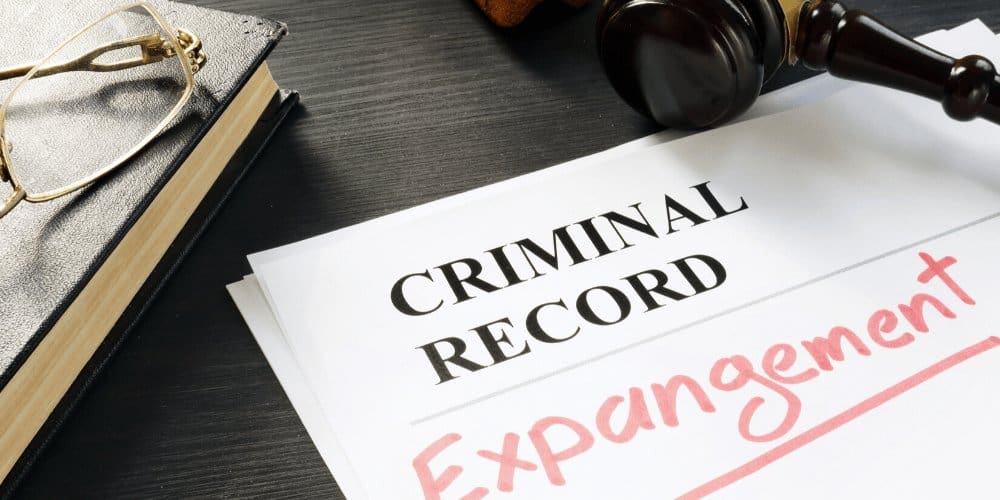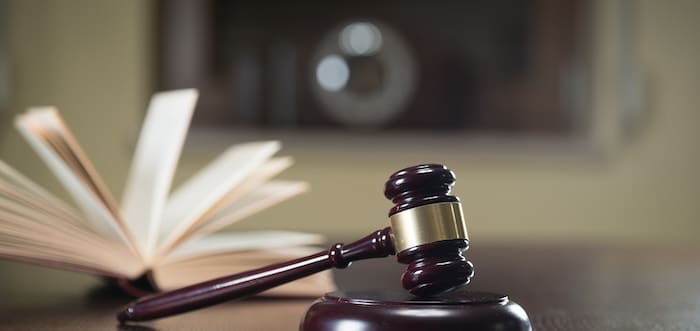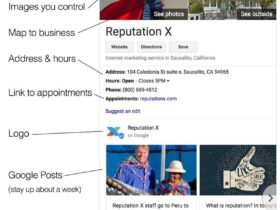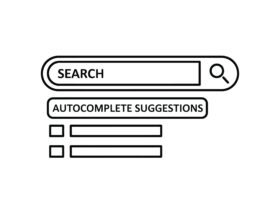
In this article, we’ll go over what you should know about Florida mugshot law to protect your online reputation.
Today, Floridians are very familiar with websites that gather mugshots from the internet and dispense them to the public. Profiting from people’s worst moments is what these websites do, and many laws unfortunately protect them. This can even happen in the event of a dismissed case or a not-guilty finding.
The FOIA, or Freedom of Information Act, allows the distribution of public information, but how far is too far? Florida has passed legislation to address issues brought on by the mugshot site industry. The legislation specifically addresses publishers that post arrest photos for commercial purposes.
NetReputation provides information and services to help you protect your digital presence. Call us at 844-461-3632 to learn more, or fill out the contact form below for a free consultation.
Request a Free Consultation
How Do Mugshots Spread Online?


Booking information is frequently published by county offices within moments of an arrest. County jails work the same way — as soon as you’re booked, your data is public knowledge. Law enforcement sites are not obligated to remove this type of information.
From there, it’s easy for mugshot sites, data brokers, and people search sites to scrape the internet and post your sensitive information and arrest booking photographs to their databases. This impacts your personal privacy, online reputation and future opportunities.
You can take control of your online reputation, whether you’re working on your personal reputation or your professional digital presence. Call us at 844-461-3632 for more information.
Does a Record Expungement or Sealing Change Anything?


Even in the event of a record expungement or sealing — meaning it should no longer be publicly accessible — mugshot sites won’t automatically remove your data once the paperwork goes through. You’d have to contact each site individually and provide proof of the sealing or expungement. Then, you’d have to simply hope that the site owner complies and removes your information.
What Are My Rights Under Florida Mugshot Law?


According to Online Sunshine, the official website of Florida legislature, “Any person or entity engaged in the business of publishing through a publicly accessible print or electronic medium or otherwise disseminating arrest booking photographs of persons who have previously been arrested may not solicit or accept a fee or other form of payment to remove the photographs.” This means that a website that posts mugshots cannot legally charge you to have those photos removed.
There are certain circumstances under which you can request that your arrest photo be removed from a publication. If the publisher either asks for or accepts money to remove the photographs or if the publisher’s business model is for a commercial purpose, you can request the removal of your mugshot photo.
Reading between the lines, this means that a Florida police department that posts mugshot photos for the sake of public interest — not a commercial purpose — will not have to comply with a mugshot removal request. However, a website that charges users to access mugshots or to have them removed will have to comply with your removal request.
At NetReputation, we work with individuals and businesses to help them build and take control of their online reputation. Give us a call at 844-461-3632 to learn more.
How To Submit a Mugshot Removal Request in Florida


According to Florida legislature, here’s what you need to provide to the publisher if you want them to take your arrest photo down:
- Request in writing
- Proof of identification
- Details to identify the photo
- Sent by registered mail
After the website owner receives the information, they’ll have 10 calendar days to remove the image, and they won’t be allowed to republish it in the future.
What if the Publisher Doesn’t Remove the Mugshot?


According to the state of Florida, when a publisher does not remove a mugshot — or if they republish it after removal — they engage in “an unfair or deceptive trade practice in accordance with part II of chapter 501.”
If the website owner does not remove the image within 10 days, you can bring a civil action. The court can fine the publisher $1,000 per day for non-compliance. Also, the court can “award reasonable attorney fees and court costs related to the issuance and enforcement of the injunction.”
In the event that the image is removed and then later republished, you can take civil action, and the court may impose a $5,000 fine per day, along with attorney and court costs related to the injunction.
At NetReputation, we provide a broad range of services to individuals and businesses who want to create, grow or repair their digital reputation. Whether you’re prioritizing your personal or professional online reputation, our solutions and team of experts can help.
Contact us today at 844-461-3632 or fill out the contact form below. You can speak with an expert about protecting your reputation under Florida law.
Request a Free Consultation















